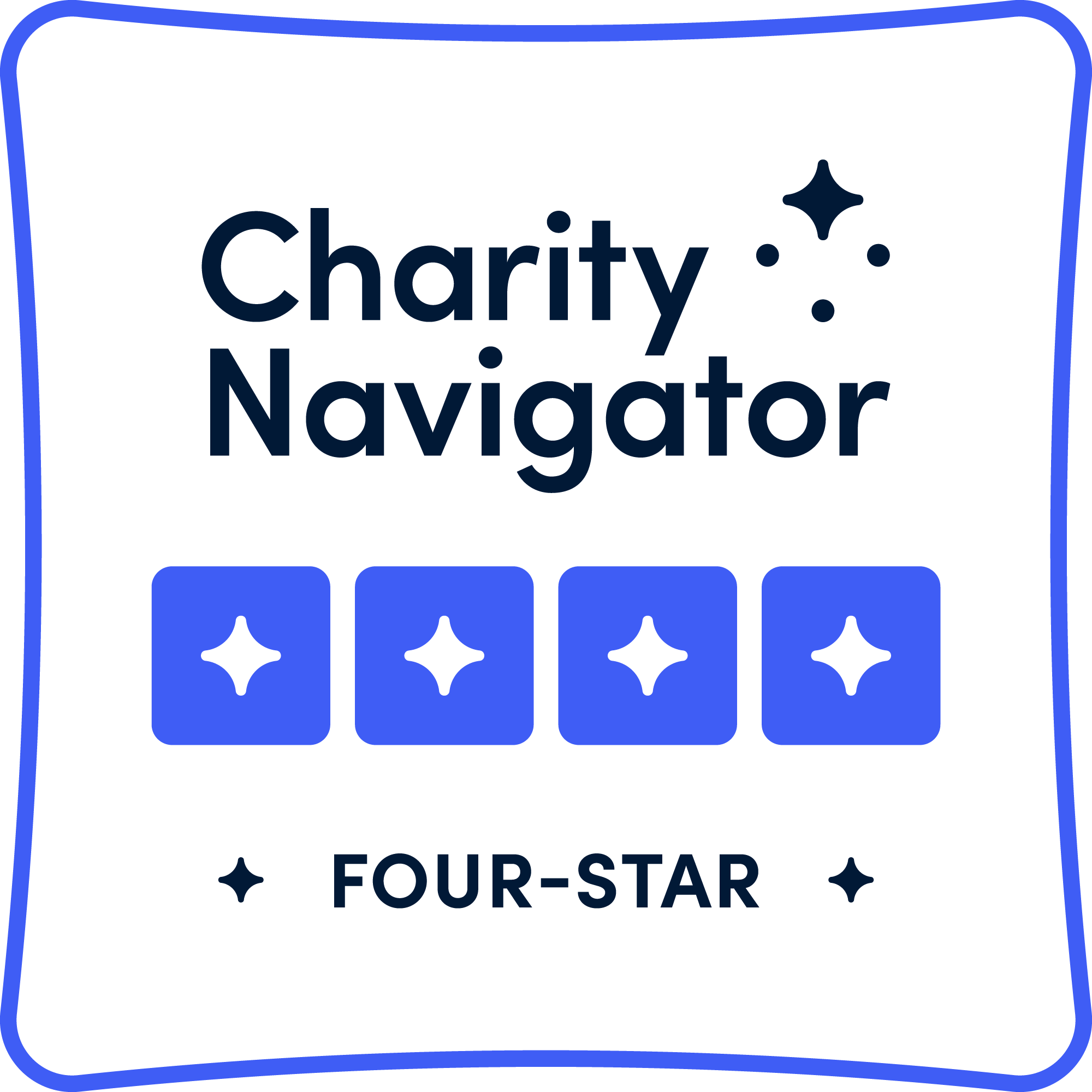Category: Policy
Sorry, no posts matched your criteria.
Sorry, no posts matched your criteria.

AMYLOIDOSIS RESEARCH CONSORTIUM, INC.
320 Nevada Street, Suite 210 Newton, MA 02460 USA | 617-467-5170
support@arci.org
ARC is a 501(c)(3) nonprofit organization. Tax ID: 47-2589708
©2025 ARC – Amyloidosis Research Consortium, Inc. All rights reserved.


The Amyloidosis Research Consortium (ARC) submitted a draft guidance for industry on developing drugs for AL amyloidosis to the Food and Drug Administration (FDA), to improve the design of clinical trials and accelerate the review of potential therapies.
Patients with AL amyloidosis are often treated off-label with drugs that are indicated for the treatment of multiple myeloma.
“We are not seeing the improvement in outcomes for patients with AL amyloidosis that we are seeing in myeloma. Therapies developed and approved specifically for AL amyloidosis are vitally needed,” said Isabelle Lousada, CEO of the Amyloidosis Research Consortium. In September 2015, the ARC held a roundtable meeting of leading experts, industry representatives and members of the FDA to develop a pathway for drug development in amyloidosis. As a result of this roundtable meeting, it was agreed that a draft guidance document should be produced. Crafting this guidance involved active participation from all stakeholder groups including patients, medical experts, academics and biopharmaceutical industry representatives.
“Barriers to developing new medicines for rare diseases like amyloidosis stem from challenges of small study populations and an evolving understanding of disease physiology, which can make clinical trial design complex,” commented Spencer Guthrie, Head of Medical Affairs at Prothena Biosciences. “Clear guidance from the expert community can help to optimize clinical trials to better meet the needs of patients.”
The guidance proposes clinical trial designs that account for the impaired cardiac and renal function in AL amyloidosis patients, and include broad patient populations with few eligibility restrictions. The guidance also encourages using free light chains (FLC) or N-terminal pro-brain natriuretic peptide (NT-proBNP) measurements as surrogate endpoints, rather than evaluating overall survival.
In November 2015, the ARC held a public meeting including patients, amyloidosis expert physicians from around the world, and regulators at the US Food and Drug Administration (FDA). More than 240 people attended, with patients communicating the huge unmet need for new medical treatment options, the urgency to cut down lengthy development timelines and the desire to make these therapies available to patients with AL amyloidosis. This resulted in “The Voice of the Patient” document that the ARC released earlier this year, reflecting patient’s perspectives. This publication, in concert with the draft guidance, provides multifaceted resources to improve and accelerate a drug development pathway for AL amyloidosis.
